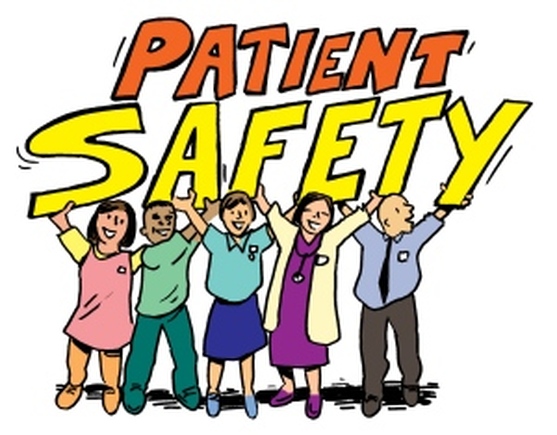Surgical Errors Are More Common Than Many Realize
Surgical errors and mistakes injure and kill thousands of patients every year, ranging from cases where surgical instruments, sponges and needles were left inside a patient to stories where the wrong patient was wheeled into the operating room, the wrong limb amputated or the wrong side of the body operated on (so-called “wrong site” surgery). There are even incidences of patients catching fire while being cauterized (when an opening is burned shut).
Many types of surgical errors have now tabulated in the National Quality Forum’s list of “never events,” events that should never take place in a health care setting. Never events don’t happen often — but if you were the patient harmed, it could impact the rest of your life, or even take your life.
Types Of Errors
Surgical negligence doesn’t happen just in the operating room. Examples include:
- Failing to provide the patient with adequate pre-operative information, warn of known risks or alternative treatment options (lack of informed consent)
- Failing to perform appropriate pre-operative testing
- Failing to obtain appropriate pre-operative clearance
- Performing an unnecessary procedure
- Failing to timely recognize post-operative complications or infections
- Failing to seek timely medical or specialist consultation
Errors occurring inside the operating room can include:
- Performing an operation on the wrong part of a patient’s body
- Leaving a foreign object such as a surgical sponge or instrument inside a patient’s body
- Administering the wrong type or dosage of anesthesia
- Neglecting to monitor vital signs such as heart rate or blood pressure
- Causing damage to gall bladder or other internal organs during the course of an open, diagnostic or laparoscopic surgery and failing to detect it
- Causing infections through the use of unsterile surgical instruments or practices
- Back and neck surgery errors
The Importance Of Vigilance
Since most surgery occurs under anesthetic, the patient has no awareness of what took place. Patients, families and loved ones are, in turn, dependent on the surgeon to inform them of any complications or errors that occurred. Tragically, recent studies indicate the vast majority of surgical errors and mistakes are never disclosed.
In fact, a 2012 report of the Office of the Inspector General and the Department of Health and Human Services found that hospital employees report only 14 percent of medical errors and usually don’t change their practices to prevent future mistakes. While proposed new DHHS rules would encourage more reporting, they still don’t require that the information be made public.
The 2012 OIG study builds upon a previous study published in 2010 that painted a discouraging picture of care gone awry in hospitals. That study found that 13.5 percent of hospitalized Medicare patients experienced adverse events ranging from pulmonary embolisms to wrong-body-part surgery. Another 13.5 percent experienced temporary-harm events, such as excessive bleeding and prolonged nausea.
Frequently Asked Questions:When do I have to file? In Michigan, you have to file your medical malpractice suit within two years of the negligent act or malpractice. We suggest you get in touch with our office as soon as possible if you suspect a medical error. The more time that passes between the surgery and your contact with us, the less time we have to perform a proper investigation to determine if you have a claim we can pursue for you.
What does compensation cover? When you file a medical malpractice suit, your compensation is based on a variety of factors. Significant factors include the cost of medical care expenses, loss of wages and future earnings, projected medical costs, together with pain and suffering or noneconomic damages.
What do we have to prove? During our investigative process, we will look for negligence on the part of the doctors, nurses and other professionals involved in your surgery. Based on the injury you have sustained, this could be a short or a lengthy process. There are certain standards medical professionals must follow when performing surgery, and if these were not followed that is when a suit should be filed.
Worry-Free ConsultationFor any surgical patient who dies or suffers a significant injury during or after the surgery, a careful review of the entire medical record is required, not just the surgeon's operative report. This includes the entire operating room record, anesthesia record, post-operative care unit (PACU) record, and pathology reports together with all records of post-operative care. Please contact an attorney if you feel you or a loved one was the victim of a surgical error or mistake

